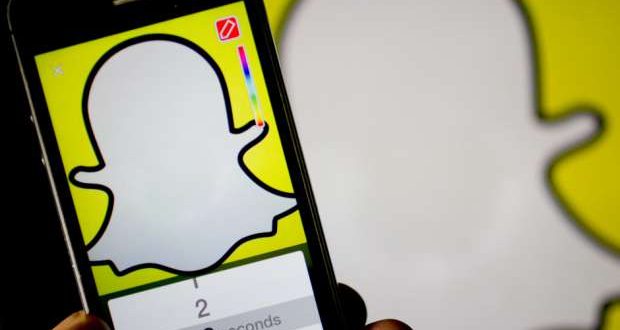Snapchat is wading into the legal battle over whether “ballot selfies” – photos of ballots cast on election days – are a constitutionally protected form of free speech.
The company filed court paperwork last week as part of a legal case seeking to defend voters’ right to take and share “ballot selfies” on election day.
In September of 2014, the state of New Hampshire passed a law banning voters from sharing photos of marked ballots on social media, with those who violated the law subject to fines up to $1,000. Soon after, the ACLU challenged the law on behalf of three New Hampshire voters, saying it violated their First Amendment right to free speech.
In August of 2015, a federal court agreed. Since then, New Hampshire has appealed the decision — a case that’s still making its way through the system.
To aid in the fight, Snapchat stepped forward to lend support for ‘ballet selfies.’ Since it wasn’t part of the original case, this support came in the form of amicus brief — a document showing support for one side in the case.
In the brief, Snapchat lawyers wrote:
A ballot selfie — like a campaign button — is a way to express support for or against a cause or a candidate. And because it is tangible proof of how a voter has voted, a ballot selfie is a uniquely powerful form of political expression. It proves that the voter’s stated political convictions are not just idle talk. Not only that, but ballot selfies and other digital expressions of civic engagement encourage others to vote — particularly younger voters who have historically low turnout rates. Ballot selfies are thus all at once deeply personal and virtuously public expressions.
So New Hampshire residents, get out there and exercise your First Amendment right to take a selfie in the voting booth (at least for now — while it’s still legal), and while you’re there, you might as well cast a ballot.
Agencies/Canadajournal
 Canada Journal – News of the World Articles and videos to bring you the biggest Canadian news stories from across the country every day
Canada Journal – News of the World Articles and videos to bring you the biggest Canadian news stories from across the country every day



